
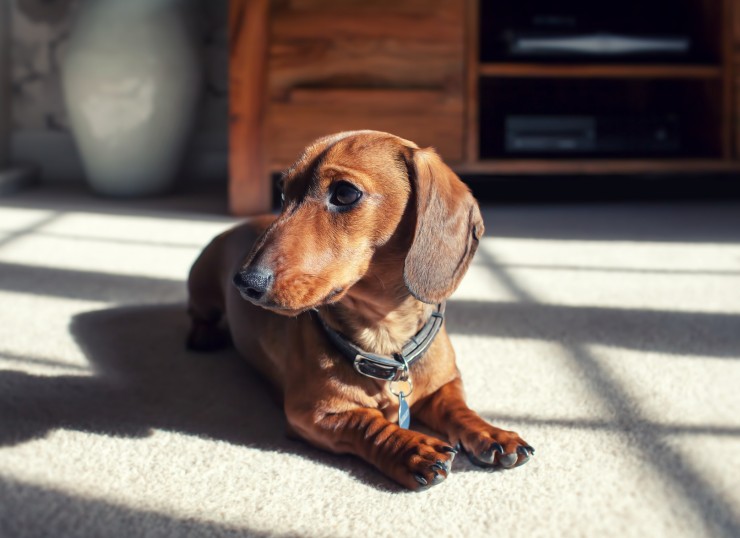
If you’re getting a new puppy, before you bring them home you should take a critical view of your house with the safety and comfort of your new dog in mind. This means that you may need to make some changes to your home in order to make things suitable for your pup, even if you already own an adult dog.
Puppy proofing your home is important not only to keep the puppy safe from harm, but also to help to protect your furniture, valuables and anything that you might not want your puppy to destroy!
In this article, we will share ten tips for puppy-proofing your home, before your pup comes to join you. Read on to learn more.
In order to view your home critically from your puppy’s angle, you are going to have to get down on their level! This means literally crawling on your hands on knees (barking optional!) to look for potential hazards that your pup might run into, such as trailing wires behind the TV, and other things like mouse traps and bowls of cat food.
A reasonable number of plants and cut flowers that you may have in your home or garden can be toxic to dogs when ingested, and this is a particular risk for puppies who are constantly on the lookout for things to chew!
Arm yourself with a reference guide to dog-safe plants and those that are toxic, and go through your home and garden to ensure that your dog cannot access any.
You can buy blank socket covers for when your plug sockets are not in use, which are designed to keep the fingers of toddlers safe from the electricity supply, but which also work perfectly well for puppies too! Keep covers on any sockets at your puppy’s level, and remember to replace them again after you have used the socket.
Puppies tend to learn quickly not to get too close to heat sources, whether they be open flames or protected heat sources such as solid fuel stoves. However, puppies do like to play and roll around, and can also be rather clumsy, so invest in some fire guards to guarantee your pup’s safety, and always use them. Also, ensure that your pup cannot drag their bed or toys too close to sources of heat, and that they will not be able to jump up at lit hobs and ovens.
Most dogs are natural swimmers, but some breeds are physically unable to swim, due to a combination of factors such as their muscle mass, leg length and the shortness of their muzzles. If your dog is one of the breeds that cannot swim, you must take special care to ensure that they cannot fall into a pond or stream, and even if your pup can and will swim happily, even garden ponds and full baths can be a hazard if your pup falls in and cannot get back out again.
You should pick an area of the home that will be dedicated to your puppy’s bed, crate and toys, and set this up to be as comfortable and welcoming for them as possible. Your pup should see their space as a place to sleep, chill and relax, and to play with their toys, and this is an important part of helping your new puppy to settle into their new home.
While we as humans treat food and food waste as very different things, the same is not true of your dog! Ensure that your pup is not left unsupervised with food that they can reach on a table or worktop, and make sure that they cannot get into your food waste bins either!
Good fencing is vital to keeping your puppy safe and contained, and also to stop other dogs from wandering into your garden. Your fencing should be both tall and sturdy enough to contain your pup, even when they are fully grown, and if they are likely to be a digger, should also have deep enough foundations to be able to keep your puppy from burrowing out under them too!
A whole range of common household products can be toxic to dogs, from obvious substances such as slug pellets or rat poison, down to innocuous things that may seem safe such as certain types of fruit.
Take the time to learn about some of the common household toxins that can poison dogs, and take care to keep medicines, cleaning chemicals and vitally, antifreeze or summer coolant products in clearly marked, sealed containers well out of your dog’s reach.
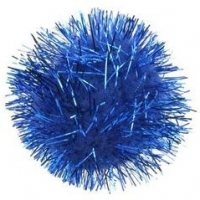 My Cat Skiibowski Loves To Play Fetch With His Sparkle Blue Ball, I Swear He Is Part Dog
My Cat Skiibowski Loves To Play Fetch With His Sparkle Blue Ball, I Swear He Is Part Dog
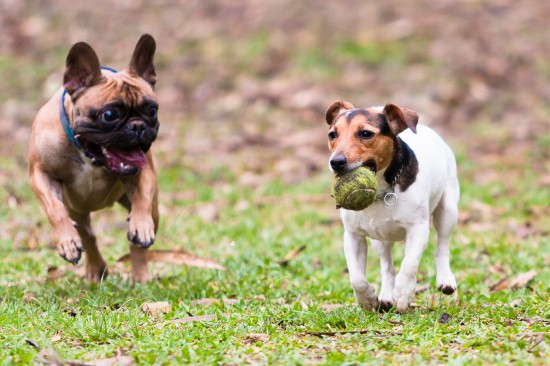 The Four Unspoken Rules Of Dog Socialisation And Play
The Four Unspoken Rules Of Dog Socialisation And Play
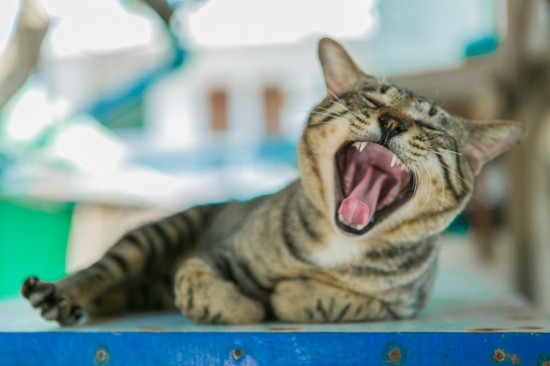 Indications That Your Cat’s Teeth Are Bothering Them
Indications That Your Cat’s Teeth Are Bothering Them
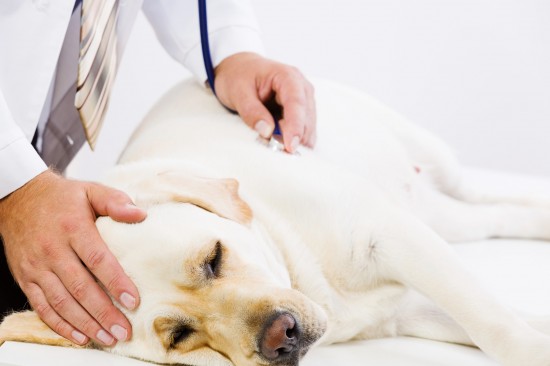 Canine Disease Similar To Alabama Rot Present In The Uk - Warning To Dog Owners
Canine Disease Similar To Alabama Rot Present In The Uk - Warning To Dog Owners
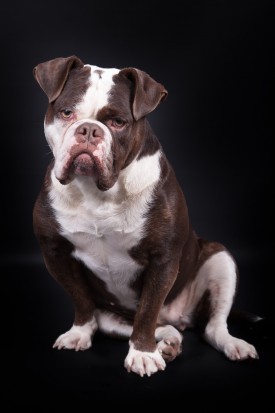 What Is An Olde Tyme Bulldog?
What Is An Olde Tyme Bulldog?
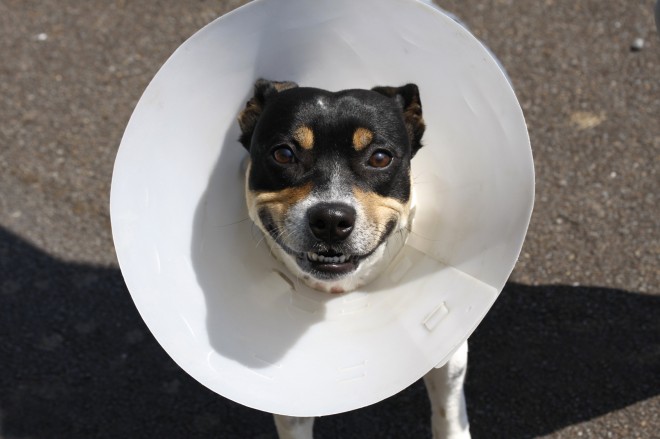 Aftercare For A Dog Who Has Had Stitches
Aftercare For A Dog Who Has Had Stitches
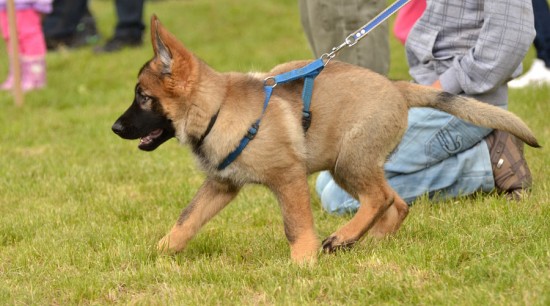 Puppy Problems - Nipping, Jumping Up, Barking, Housetraining And Socialising
Puppy Problems -
Puppy Problems - Nipping, Jumping Up, Barking, Housetraining And Socialising
Puppy Problems -
 THE HORSES OF ERATH COUNTY: This Texas County Ain’t Horsin’ Around
THE HORSES OF ERATH COUNTY: This Texas County Ain’t Horsin’ Around
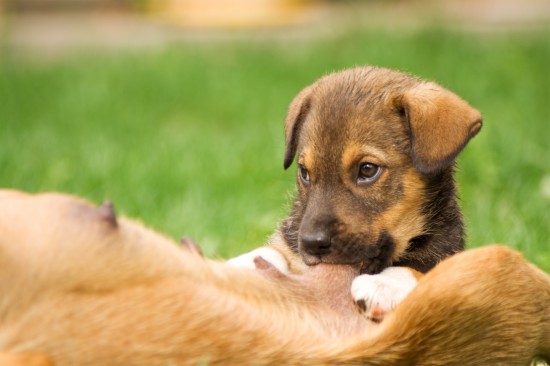 Mastitis In Dogs - Diagnosing, Treatment And Prevention
Mastitis In Dogs
Mastitis In Dogs - Diagnosing, Treatment And Prevention
Mastitis In Dogs
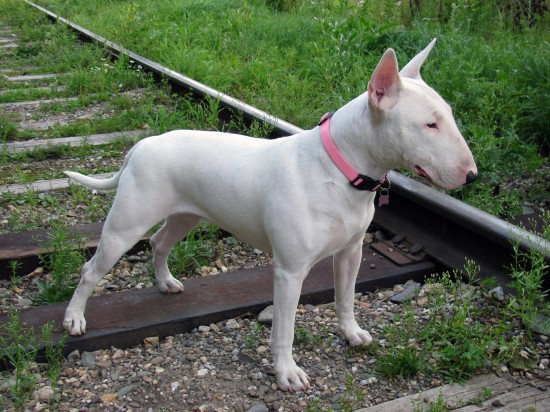 Bull Terrier Hereditary Health And Conformation
Bull Terrier Here
Bull Terrier Hereditary Health And Conformation
Bull Terrier Here
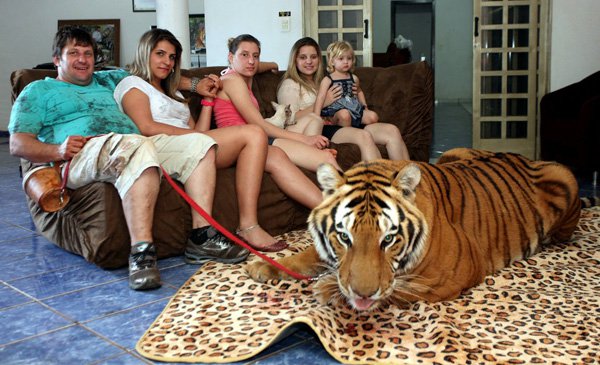 Locating your lost dog
Locating your lost dog
If you do not get puzzl
Locating your lost dog
Locating your lost dog
If you do not get puzzl
Copyright © 2005-2016 Pet Information All Rights Reserved
Contact us: www162date@outlook.com